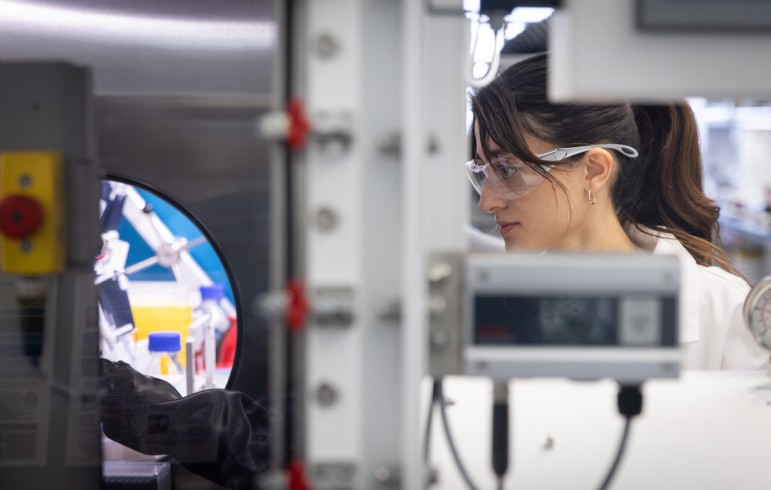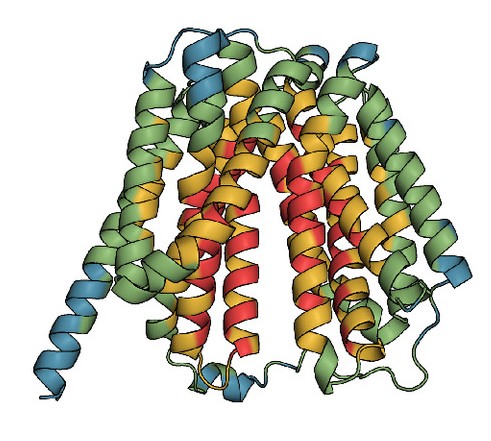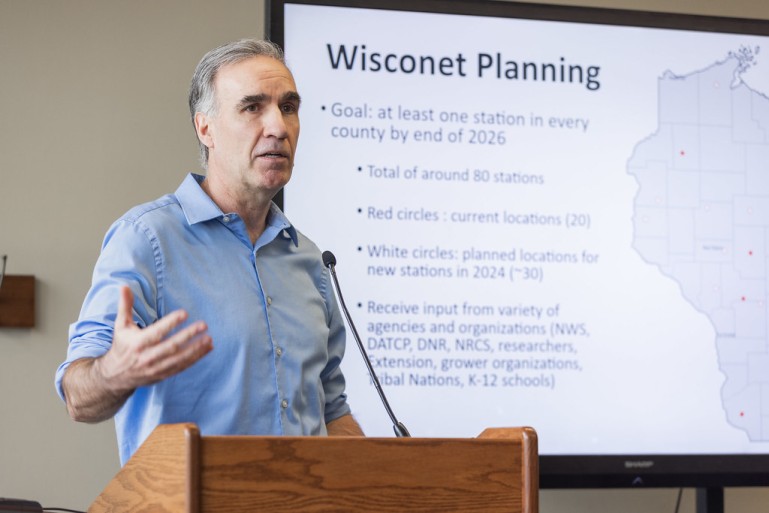Mechanical engineering professors Greg Nellis and Doug Reindl, along with their former graduate student Amy Van Asselt (MEPhD ’18), have received the prestigious Crosby Field Award from the American Society of Heating, Refrigerating and Air-Conditioning Engineers (ASHRAE).
Pyran, a spinoff company based on technology developed in the laboratory of George Huber, the Richard L.
Wisconsin’s dairy industry churns out huge quantities of valuable consumer products like milk, yogurt and cheese, but it also generates large volumes of coproducts that represent an economic liability for dairy companies.
Each year, the Great Lakes Bioenergy Research Center (GLBRC) hosts a group of undergraduate students to participate in the Research Experience for Undergraduates (REU) program, designed to immerse students in research.
Prolific biofuels researcher James Dumesic has been named the winner of the 2019 Eni Energy Transition Award.
Media coverage of WEI this month focused on the expansion of solar energy; the feasibility of net-zero carbon and harnessing energy in space; and the importance of saving energy when it comes to your wallet and your health.
Four promising young University of Wisconsin–Madison researchers have been named winners of the Presidential Early Career Award for Scientists and Engineers.



